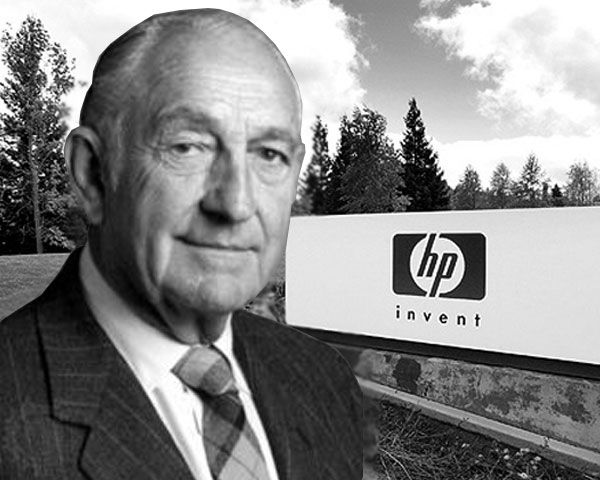Michael Dell, a name synonymous with innovation and entrepreneurship, is one of the most influential figures in the technology industry. As the founder and CEO of Dell Technologies, his journey from a college dorm room to leading a global tech empire is a testament to his visionary mindset, relentless drive, and ability to adapt to the rapidly changing landscape of technology.

Early Life and Education
Michael Saul Dell was born on February 23, 1965, in Houston, Texas. From an early age, he exhibited a keen interest in technology and business. While most children were content with toys, young Michael was dismantling gadgets and reassembling them, driven by a curiosity to understand how things worked. His entrepreneurial spirit was evident even as a teenager when he made $18,000 selling subscriptions to the Houston Post. This early experience in direct marketing would later influence his approach to building Dell Technologies.
Dell enrolled at the University of Texas at Austin with the intention of studying pre-med, but his passion for computers soon took precedence. In 1984, at just 19 years old, Dell launched his computer business, initially operating out of his dorm room. His idea was simple yet revolutionary: sell custom-built PCs directly to consumers, bypassing traditional retail channels. This direct-to-consumer model allowed him to offer lower prices and better customer service, a combination that quickly gained traction.
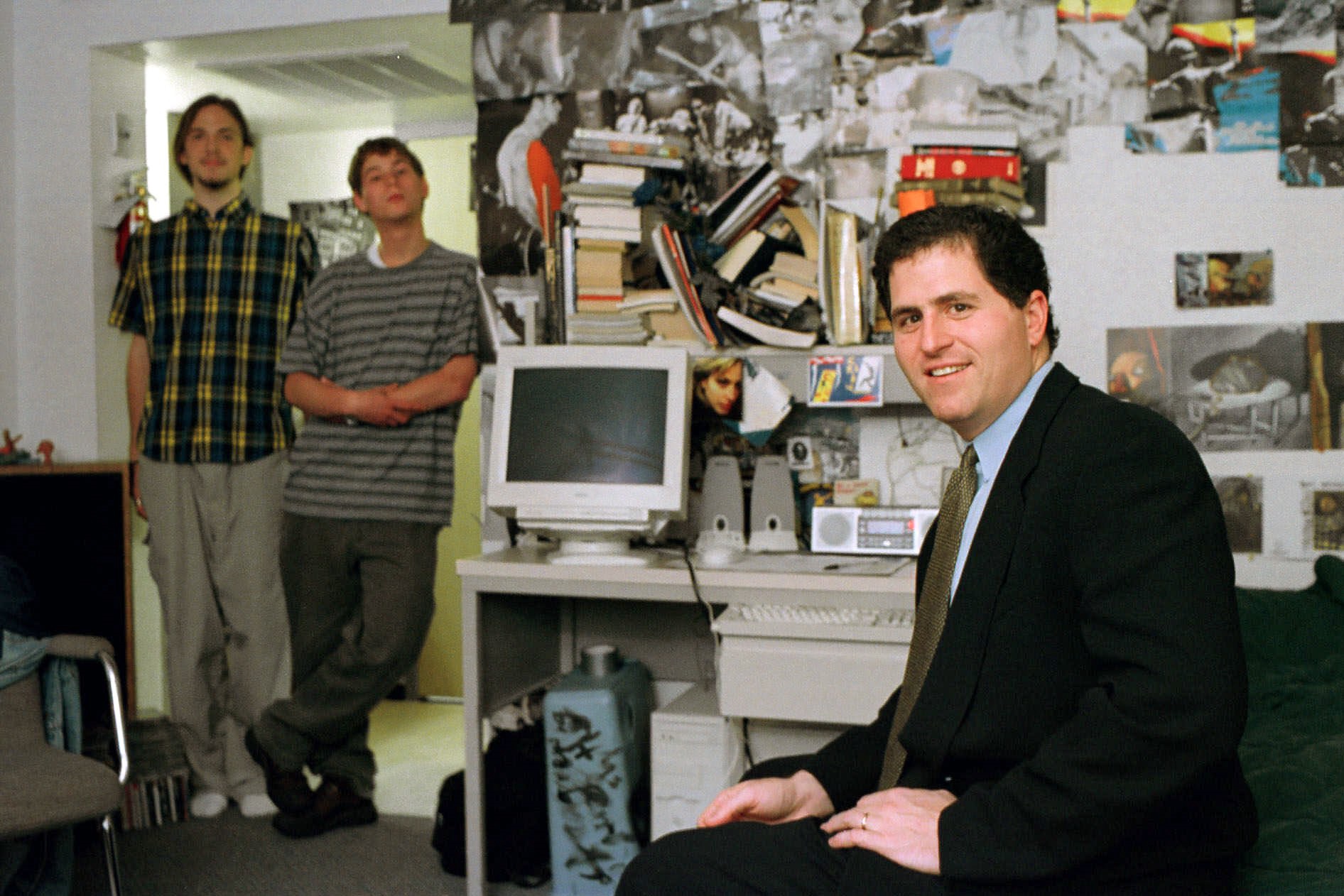
The Birth of Dell Technologies
What started as a dorm-room venture quickly evolved into a booming business. Dell’s focus on understanding customer needs and delivering high-quality products at competitive prices set his company apart from competitors. By 1985, Dell Technologies (originally named PC’s Limited) had generated $70 million in sales. Dell’s success lay in his innovative business model, which cut out middlemen and allowed for customized orders. This not only reduced costs but also ensured customer satisfaction—a key factor in the company’s rapid growth.
In 1988, Dell Technologies went public, raising $30 million and increasing Michael Dell’s personal wealth significantly. The IPO marked a turning point, propelling the company to the forefront of the PC industry. By the early 1990s, Dell Technologies had become one of the leading PC manufacturers in the world, known for its reliability, innovation, and customer-centric approach.
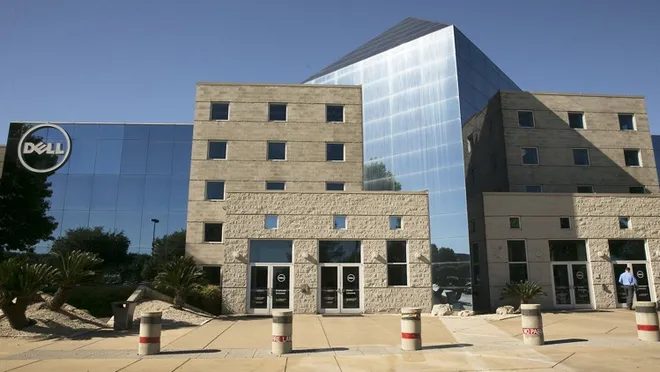
Challenges and Triumphs
Despite its success, Dell Technologies faced significant challenges, particularly during the dot-com bubble burst in the early 2000s. The company’s stock price plummeted, and Dell was forced to rethink his business strategy. Recognizing the need for diversification, he expanded the company’s offerings beyond PCs, venturing into servers, storage, and IT services. This move proved to be a game-changer, positioning Dell Technologies as a comprehensive technology solutions provider.
In 2004, after two decades at the helm, Michael Dell stepped down as CEO, handing over the reins to Kevin Rollins. However, the company struggled under new leadership, and in 2007, Dell returned as CEO to steer the company back on course. His return marked the beginning of a transformative period for Dell Technologies. He led the company’s privatization in 2013, a bold move that allowed for greater flexibility in pursuing long-term growth strategies without the pressure of quarterly earnings reports.
The decision to go private was followed by one of the largest acquisitions in tech history. In 2016, Dell Technologies acquired EMC Corporation for $67 billion, marking its entry into the enterprise storage market. This acquisition solidified Dell Technologies’ position as a leader in the IT industry, offering end-to-end solutions for businesses of all sizes.

Leadership Style and Vision
Michael Dell’s leadership style is characterized by his emphasis on customer-centric innovation and his ability to anticipate market trends. He has always believed in empowering his employees and fostering a culture of innovation. Under his leadership, Dell Technologies has remained agile, continuously evolving to meet the needs of a rapidly changing market.
Dell’s vision extends beyond just building a successful company; he is committed to making a positive impact on society. Through the Michael & Susan Dell Foundation, he has contributed millions of dollars to education, healthcare, and economic stability programs. His philanthropic efforts reflect his belief in using technology to solve some of the world’s most pressing challenges.
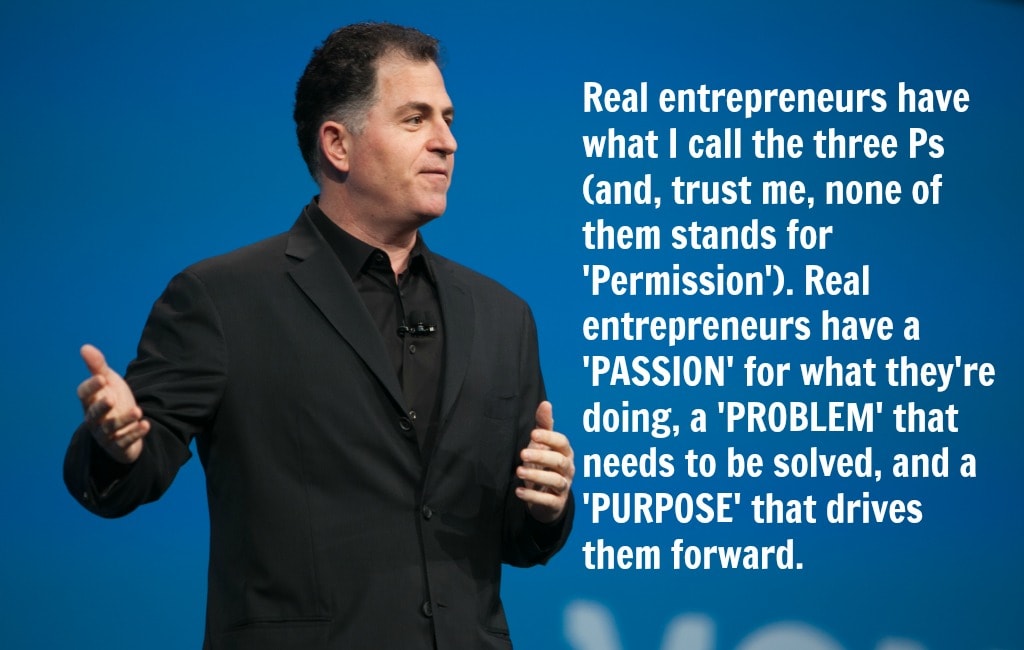
The Future of Dell Technologies
As Dell Technologies continues to grow, Michael Dell remains focused on driving innovation and staying ahead of industry trends. The company is now at the forefront of digital transformation, offering solutions in cloud computing, cybersecurity, and artificial intelligence. Dell’s ability to foresee and adapt to technological advancements has been a key factor in the company’s sustained success.
Looking ahead, Dell Technologies is well-positioned to continue its leadership in the tech industry. The company’s commitment to sustainability, innovation, and customer satisfaction ensures that it will remain a major player in the global market. Michael Dell’s legacy as a visionary leader who transformed the tech industry will undoubtedly continue to inspire future generations of entrepreneurs.

Michael Dell’s Impact on the Tech Industry
Michael Dell’s impact on the tech industry is immeasurable. His innovative direct-to-consumer model revolutionized the way computers were sold, setting a new standard for customer service and satisfaction. His decision to diversify Dell Technologies’ product offerings and enter the enterprise market has made the company a one-stop shop for businesses seeking comprehensive IT solutions.
Dell’s leadership has also had a significant influence on the broader business world. His emphasis on customer-centric innovation has become a benchmark for companies across industries. Furthermore, his willingness to take risks—such as the decision to go private and the acquisition of EMC—demonstrates his commitment to long-term growth over short-term gains.
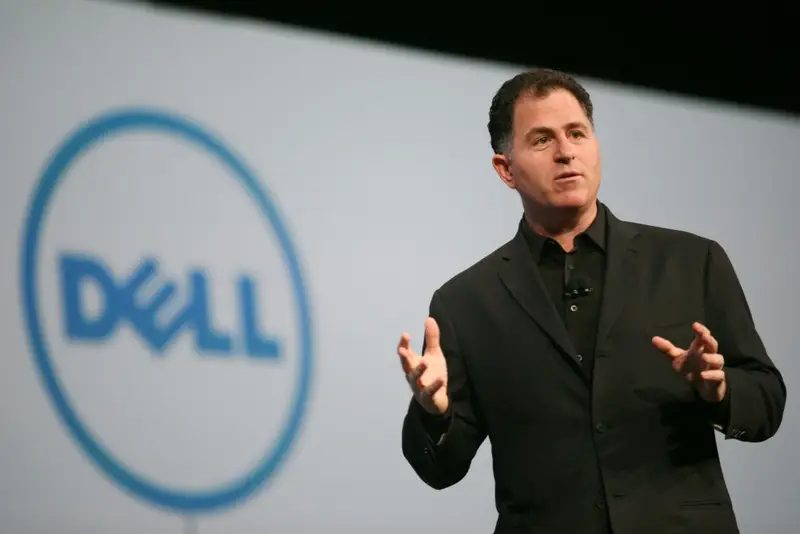
Final Thoughts
Michael Dell’s journey from a college dorm room to the top of the tech industry is a story of vision, determination, and innovation. As the founder and CEO of Dell Technologies, he has not only built one of the most successful tech companies in the world but has also left an indelible mark on the industry as a whole. His ability to adapt to changing market dynamics and his commitment to customer satisfaction have ensured Dell Technologies’ continued success in an increasingly competitive market.
As we look to the future, it’s clear that Michael Dell’s influence will continue to shape the tech industry for years to come. Whether through his leadership at Dell Technologies or his philanthropic efforts, his legacy as a visionary leader and innovator is firmly established.
For more insights on visionary leaders in the tech industry, explore our article on Magzine on Digital Digest.






